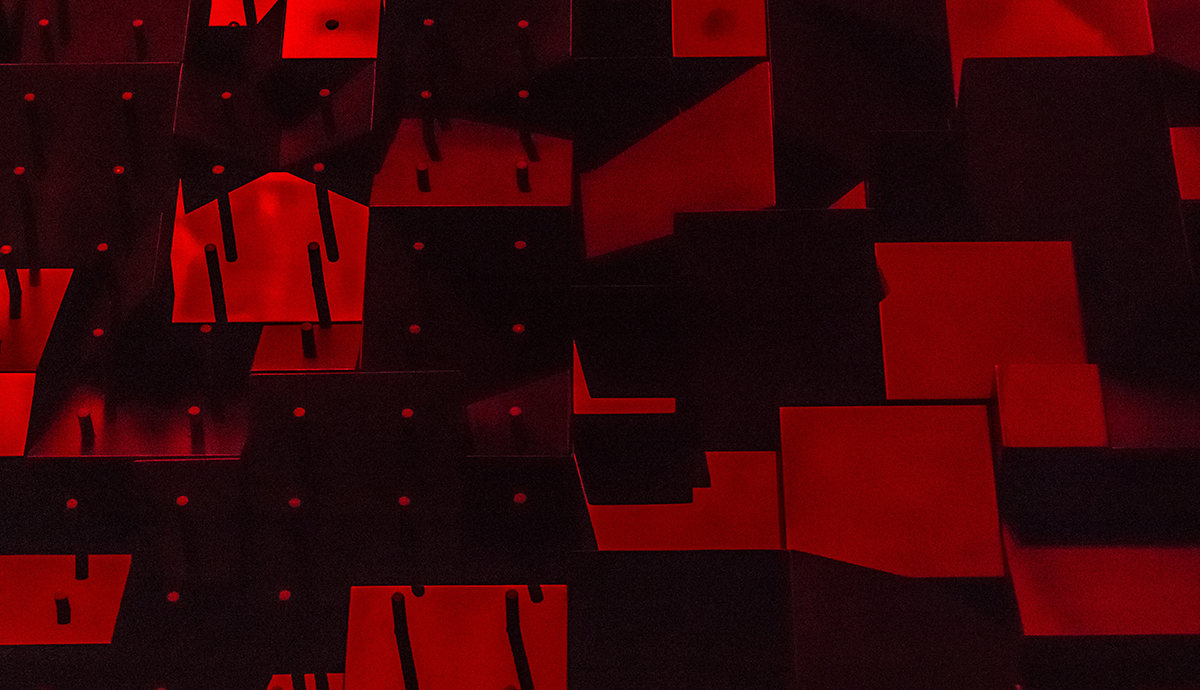Two Bookcases
There were two bookcases in my childhood home. Waist high and constructed of pine (that wood of the novice carpenter), they flanked the front door to the house that had jammed and that no one used. Except for a partial set of Wonder Books, there were no children’s resources in those varnished shelves, dedicated as they were to volumes of Reader’s Digest Condensed Books and religious tomes like Ben-Hur and The Robe and a blue-covered, thumb-indexed Complete Works of William Shakespeare.
My earliest sense of children’s stories came from my father, who could repeat from memory long sections of “Hiawatha” or “The Courtship of Miles Standish,” and the full texts of poems like “The Village Blacksmith” and “The Cremation of Sam McGee.” He invented bedtime tales, serials he recounted about Indian boys, eagles, Eskimos, bears, gold fields, and the Royal Canadian Mounted Police. There were big-headed dogs in most of his stories. And it was my father who encouraged me to read, as he had, Edgar Rice Burroughs and Jack London, James Oliver Curwood, Booth Tarkington, and the entirety of the Bomba the Jungle Boy series, all titles from the children’s shelves at the Butte Public Library. It was my story-telling father who had taken me there to sign up for the paper card that gave me access on my own (though the librarian, hardly about to fork over the card, kept it filed in a box on her desk).
More than forty years ago now when I was readying for college, four books in particular (that I checked out with my now walleted and laminated card) introduced me to a world of literature beyond which I’d yet ventured. I recall these four books (each requiring a maximum two-week completion) with clarity, a sense of privilege or charter, and affection. Catcher in the Rye startled me with its wise-guy voice and its indictment of adult hypocrisy. Then, as if the allure of the Big Apple in Catcher hadn't been enough, Ayn Rand’s The Fountainhead made me want to flee Butte, Montana, to build big-city skyscrapers and to sleep with tall, lean women who wore black clothes, smoked, and maybe spoke French. But if I’d wanted to hang with Holden Caulfield and be named Howard Roark, I knew for fairly certain that I did not want to be Nick Adams or Jake Barnes. When I came upon In Our Time and The Sun Also Rises, my life as a reader was recalibrated. Nick and Jake seemed real to me, not imagined in the way Caulfield and Roark had felt to be. Nick and Jake weren’t clever or powerful. The lives they’d lived and were living were the serious and direct consequence of the world in which they existed—the world I was beginning to know: a world of flawed fathers, vulnerable health and governments, failed loves, and random danger. Though it would take some time to coalesce, In Our Time and The Sun Also Rises made me want to be a writer. And then: John Cheever, Alice Munro, V. S. Pritchett, William Trevor, Gina Berriault, Andre Dubus, Frederick Busch, Ann Beattie, Tobias Wolff, Richard Ford. . . .
We are where we’ve been and what we’ve read, and these days I carry a library literally in my hands: my NOOK Color or Kindle Fire. When I add a book to either, I feel as though I’m borrowing the volume, but without the need to return in fourteen days. I walk about, a bookcase of books in my hands indefinitely! I suppose I should report that in my adult homes I have always installed floor-to-ceiling shelves filled with physical books, many of which were purchased at library sales.
Longtime editor of War, Literature & the Arts: an international journal of the humanities, Donald Anderson is editor, too, of Aftermath: An Anthology of Post-Vietnam Fiction, When War Becomes Personal, and Andre Dubus: Tributes. His collection Fire Road won the John Simmons Short Fiction Award. His most recent book is Gathering Noise from my Life: A Camouflaged Memoir. Donald's nonfiction piece AWOL was published in issue 296.2 of the North American Review. You may visit his website at www.donaldanderson.us.
Recommended
Nor’easter
Post-Op Appointment With My Father
Cedar Valley Youth Poet Laureate | Fall 2024 Workshop





